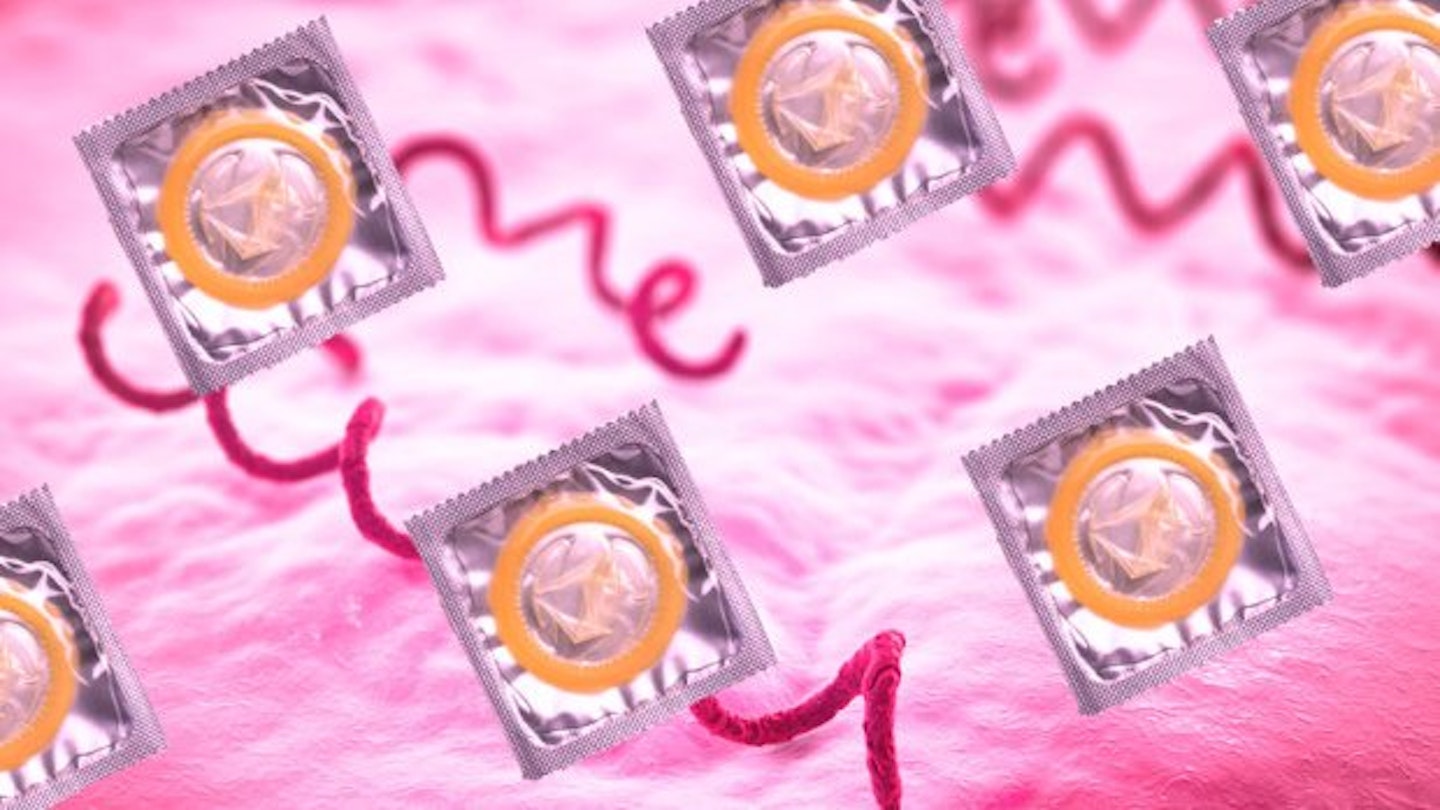Where do you go if you can’t afford to buy the morning after pill? What do you do if you find yourself faced with an unwanted or problematic pregnancy? Who do you turn to if you can’t get an appointment with your GP and you urgently need to talk to someone about your pill? And who are you going to call if you suspect you’ve got an STI and need to get it looked into yesterday?
The sexual health centre, that’s who. With this in mind, it’s very worrying that central government cuts to local authorities’ public health budgets have left sexual health services at what local council leaders have termed ‘a tipping point’.
Earlier this month, the Local Government Association warned that the £531m cuts to local public health budgets ordered by Whitehall had left sexual health services struggling to cope with a 25% rise in patients seeking help over the last 5 years.
WATCH NOW: What Happens When You Come Off The Pill?
They reported that those with sexually transmitted infections were facing longer waits to see a specialist and said they feared that this could lead to the spreading of STIs.
Today, a group of senior doctors have come out to warn that these cuts across three London boroughs, in particular, are putting people at risk. In a letter to the NHS and local council leaders, obtained by The Guardian, 14 experts in sexual health from St George’s hospital in South West London have called the cuts ‘unsafe, unworkable and unsustainable.’
Cutting costs means cutting staff, this has a knock-on effect on the accessibility of services as well as the sort of services patients can access. The experts say that all of this has serious implications for safeguarding young people as well as specialist counselling provisions. They do not deem the changes they are being asked to make to be ‘clinically safe’ and point out that staff in sexual health centres are also often responsible for counselling victims of sexual assault and dealing with child exploitation.
Another report, published in March of this year by the King’s Fund, also warned that cuts to sexual health services in parts of England were placing the care of patients at risk.
‘Sexual health’ has always struck me as a somewhat limiting name for what actually goes on in these clinics. We are talking about vital emotional, physical and financial support services for women, in particular, from their teens for as long as they are sexually active. The term ‘sexual’ implies that what they do somehow only covers condoms and coitus when, in reality, what they do is so much more. In some cases, these clinics are the only spaces where specialists are equipped to deal with exploitation, rape, assault and everything that goes along with that.
If you can’t access the services you need in time – whether that’s to treat and STI, get a coil or implant fitted or deal with an unplanned pregnancy, it has serious implications for every aspect of your life. These cuts don’t necessarily make sense from an economic standpoint. The Department of Health’s own research shows that for every £1 spent on sexual health services, including contraception, the state is saved £11 in the long-term because there are fewer unwanted pregnancies.
Sadly, we know what happens when women can’t access the sexual health services they need (see Northern Ireland). They are forced to sort things out for themselves whether that’s ordering medication online, travelling for treatment or resorting to other means. There can be no doubt that policy decisions which limit our access to these services are regressive and anti-women. Incidents of gonorrhoea are on the rise, ditto syphilis and ditto herpes, and these cuts aren't even in full effect yet.
Cuts to our sexual health services are cuts that hurt women the most. This is about our sexual liberty, our physical health and our emotional health too. It's also about our freedom.
If you think about it, that makes total sense because sex is at the centre of our lives and it is directly linked to our emotional wellbeing, just as our sexual organs physically sit below our hearts which sit below our heads, it’s all inextricably linked. These are services that women simply cannot afford to be cut. As Gloria Steinem put it ‘most women are one man away from welfare’, they’re also one one night stand away from Chlamydia and one bad reaction to a hormonal contraceptive away from emotional chaos. Sexual health is women’s emotional health and financial health. It’s also the health of our society as a whole. These services are not optional, they’re essential.
*The Debrief has contacted the Department of Health for a comment. *
You might also be interested in:
Choosing Change: Meet The Women Campaigning For Abortion In Northern Ireland
Follow Vicky on Twitter @Victoria_Spratt
This article originally appeared on The Debrief.
